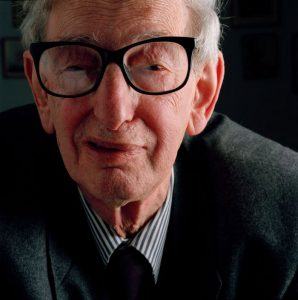Emile Chabal in Aeon:
 Almost all Marxists have imagined themselves to be part of a global community. More than perhaps any other modern ideology, Marxism has given its adherents a sense of being connected across regions, countries and continents. The activists, thinkers, politicians, students, workers, guerrilla fighters and party apparatchiks who, throughout the 20th century, claimed Marxist ideals for themselves rarely agreed on what Marxism was or where it was headed. But they knew that they were not alone. At its height, Marxism created a web of interconnected communities at least as powerful as the Muslim ummah, complete with its own heretics, infidels, rogue saviours and clerics.
Almost all Marxists have imagined themselves to be part of a global community. More than perhaps any other modern ideology, Marxism has given its adherents a sense of being connected across regions, countries and continents. The activists, thinkers, politicians, students, workers, guerrilla fighters and party apparatchiks who, throughout the 20th century, claimed Marxist ideals for themselves rarely agreed on what Marxism was or where it was headed. But they knew that they were not alone. At its height, Marxism created a web of interconnected communities at least as powerful as the Muslim ummah, complete with its own heretics, infidels, rogue saviours and clerics.
Historically, the impetus for this came from Karl Marx and Friedrich Engels themselves. Many of the concepts they deployed – such as ‘capitalism’ and ‘class’ – were transnational in theory and in practice. Some of their best-known political slogans – above all, the final line of The Communist Manifesto (1848), popularised as ‘Workers of the world, unite!’ – explicitly invoked the global power of their prophesy. Marx and Engels were hardly the only European political thinkers in the 19th century to paint their political aspirations on a global canvas, but their ideas proved to be extraordinarily influential.
More here.
